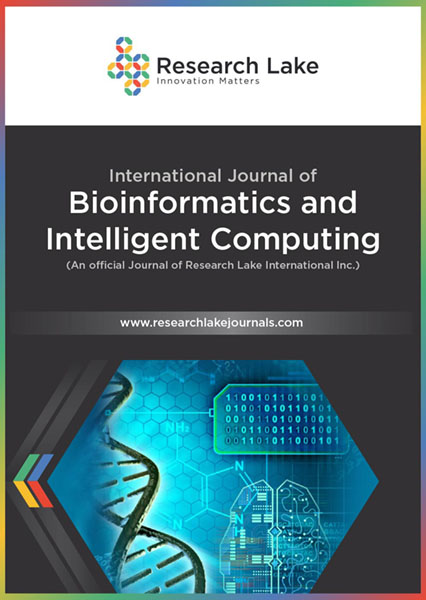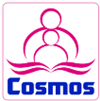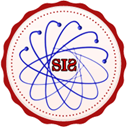Revolutionizing Anti-Cancer Drug Discovery: The Role of Artificial Intelligence
Abstract
This comprehensive review explores the integration of Artificial Intelligence (AI) in anticancer drug discovery, highlighting its transformative impact on streamlining the identification, design, and synthesis of novel drug molecules. Leveraging expansive datasets, AI and machine learning technologies enhance the understanding of cancer biology, facilitate target identification, and accelerate the design of molecules with desirable pharmacological properties. Despite promising advancements, challenges persist, including issues related to data quality, model interpretability, and the practical application of AI-generated findings in clinical settings. This review critically examines these challenges, proposes advanced AI models for drug combination predictions, and advocates for collaborative efforts to refine and implement AI methodologies in clinical oncology. The potential of AI to revolutionize anticancer drug discovery is immense, providing a new paradigm that merges precision with efficiency to push the boundaries of therapeutic innovation. Through rigorous validation and interdisciplinary cooperation, AI-driven strategies hold the promise to significantly shorten drug development timelines and improve clinical outcomes, ushering in a new era of personalized medicine in cancer treatment.
Copyright (c) 2025 Ekta Tyagi, Prema Kumari, Anand Prakash, Rajabrata Bhuyan

This work is licensed under a Creative Commons Attribution-NonCommercial 4.0 International License.
Copyright © by the authors; licensee Research Lake International Inc., Canada. This open-access article is distributed under the terms of the Creative Commons Attribution Non-Commercial License (CC BY-NC) (http://creative-commons.org/licenses/by-nc/4.0/).




















